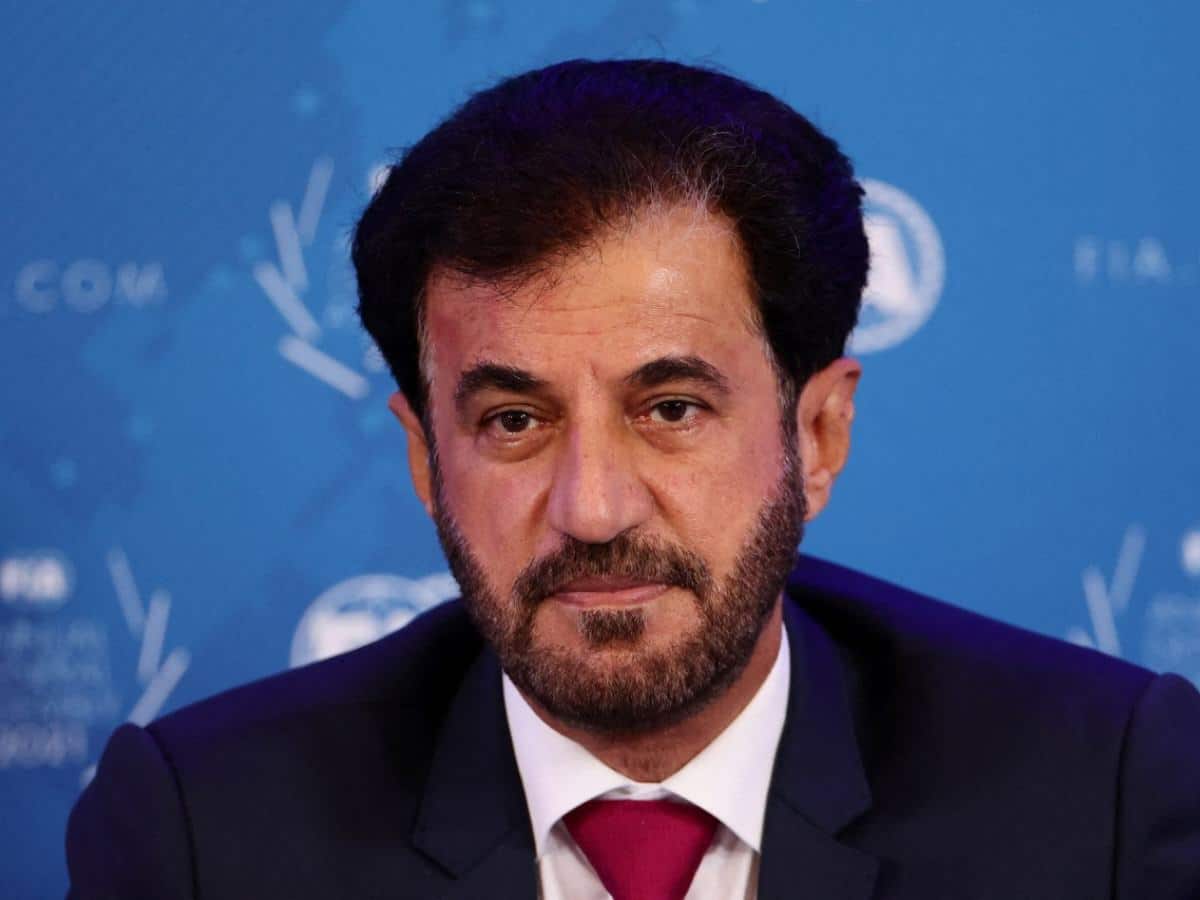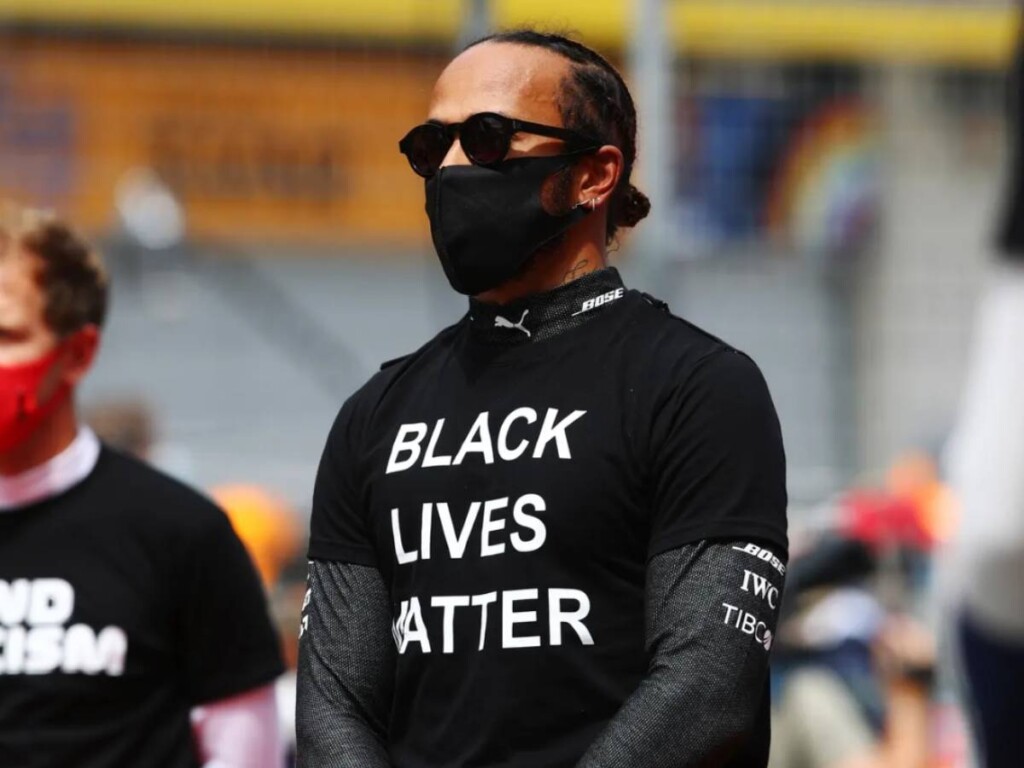FIA clarifies the ‘free speech ban’ prohibiting F1 drivers from making ‘political statements’
The FIA has issued a clarification regarding its controversial ban on 'political, religious or personal' statements, revealing the extent of the ban.

FIA President Mohammed Ben Sulayem
🔍 Explore this post with:
The FIA has been embroiled in controversy. First, there was President Mohammed Ben Sulayem’s comments on the value of Formula 1, and the misogynist comments unearthed from his old website. But through all this, there has also been one rule that has not sat well with the drivers – the ban on making ‘personal, political or religious’ statements without prior permission.
The overall reaction has been rather polarized, but on the drivers’ side, they’ve all made it clear that the ban is not something that they are comfortable with. Sergio Perez said he understood ‘the political side’ while simultaneously saying that drivers should be free to express themselves. Alex Albon felt that the new rule moves away from Formula 1’s ‘We Race As One’ initiative. Lando Norris was not a fan either, as F1 is ‘not a school’, and said that drivers should be able to stay what they believe in.
Lewis Hamilton, who was even being called the primary ‘target’ of the ban, said: “Nothing will stop me from speaking on the things I am passionate about.” His teammate, George Russell, called the ban ‘silly, and sought clarification, but he did not think that there was a ‘misunderstanding’. From the Mercedes’ duo’s words, it did not seem like they were too keen on following the rule.
Now, the FIA have issued the clarification that Russell (and everyone) sought, in the form of a three-page document, titled: ‘FIA Guidance on the Principle of Neutrality’. The document clarifies the extent of the ban (where drivers can ‘speak their mind’ and where they can’t) the permission aspect, and what actually constitutes a ‘political, religious or personal’ statement.
Read More: George Russell won’t ‘limit his views’ because of ‘silly’ FIA ban on ‘unapproved’ statements
Drivers will only be allowed to make ‘prohibited statements’ on an ‘exceptional’ basis

As the document says, The ‘participants’ will be able to express their own views before and after an ‘international competition’, ‘in their own space’, and ‘outside the scope’ of the said international competition. This includes expressing their views through their social media, during interviews with accredited media; and at the FIA press conference, but only in response to a direct question.
But of course, there are areas where they are not permitted to make ‘political, religious and/or personal statements’. Drivers won’t be able to make statements at press conferences unless asked directly. They won’t be able to do so during the national anthem or the drivers’ parade (and on track in general) either, and neither during pre/post-race procedures or ‘equivalent’, including the podium ceremony, in the cool-down room or during the start and end-of-season group photos.
As for what constitutes the ‘political, religious or personal’ statements (which includes symbols, gestures, actions, words, and images), it will be judged by the stewards on a case-by-case basis. For e.g., Referencing specific political act/events or comments regarding the police and the military will be prohibited. But this rule won’t apply to participants who want to display religious symbols or wear ‘prescribed religious clothing/ornaments’ unless they include any ‘prohibited statements’, like criticizing someone’s religious beliefs. ‘Non-proselytizing religious gestures’, like pointing to the sky or doing the sign of the cross will not be prohibited either.
Drivers will be permitted to make such prohibited statements only on an ‘exceptional’ and case-to-case basis. If they do want to make such an ‘exceptional’ statement, they would need to submit a written request to the FIA at least four weeks prior to their planned time for making the said statement. In addition, it will only apply for that specific event, and there will be no ‘right to appeal’ the FIA’s decision. It will certainly be interesting to see how the drivers respond to this.
In case you missed it:
- Lewis Hamilton breaks silence on FIA’s ‘political statement’ ban which ‘targets’ him
- “We are not in a school,” Frustrated Lando Norris hits out at FIA’s ban on political statements

